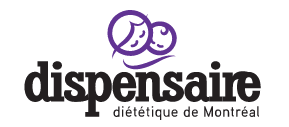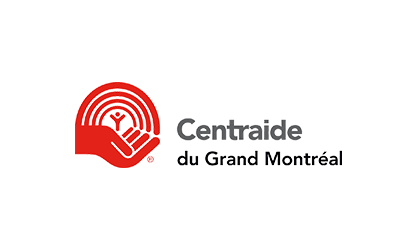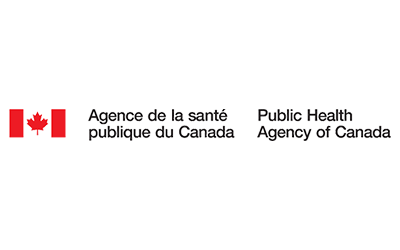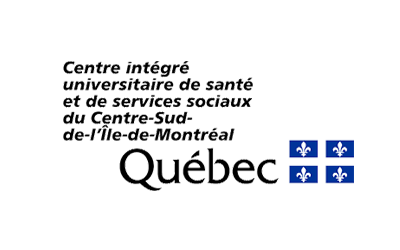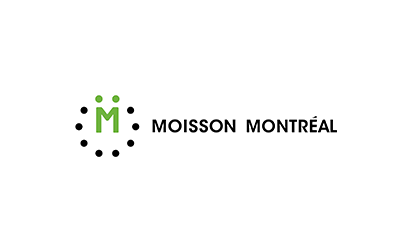Because of a weakened immune system during pregnancy, pregnant women should be cautious with her food choices.
The bacteria causing listeriosis, Listeria, is specifically dangerous as it can cause spontaneous abortion. Since certain cheeses may be contaminated, it is recommended to avoid their consumption during pregnancy.
The table below shows the different types of cheese to avoid and those that can be eaten without worry.
| TO AVOID | SAFE TO EAT | |
| Spreadable cheeses | – | Cream cheese (Philadelphia), melted cheese |
| Soft cheeses | Made with raw / unpasteurized milk (ie: Chavignol goat cheese, coulommiers, chabichou Valençay) With moldy rind (eg. Camembert, brie) |
Made with pasteurized milk (ie. Cottage, ricotta) |
| Semi-soft cheeses | Made with raw / unpasteurized milk Made with pasteurized milk (eg Saint-Paulin, Havarti) Veined (eg .: blue, Roquefort) Some from pasteurized milk (ex .: bulk feta) |
Made with pasteurized milk (eg. Mozzarella) |
| Hard cheeses | Made with raw / unpasteurized milk | Made with pasteurized milk (eg. Cheddar, gouda, Swiss, parmesan, curds, etc.) Melted (eg. Kraft Singles, Velveeta) |
Semi-soft cheese, blue cheese and molded-rind cheese should be avoided even if prepared from pasteurized milk because they contain more moisture and are less acidic than hard cheeses. Therefore, they are a favorable environment for the growth of Listeria.
However, these cheeses can be eaten if they are cooked at home at a high temperature (74 ° C and more), which kills bacteria and makes food safe. Pregnant women must however ensure that the cheese is heated and is completely hot (or burning), and not only melted.
